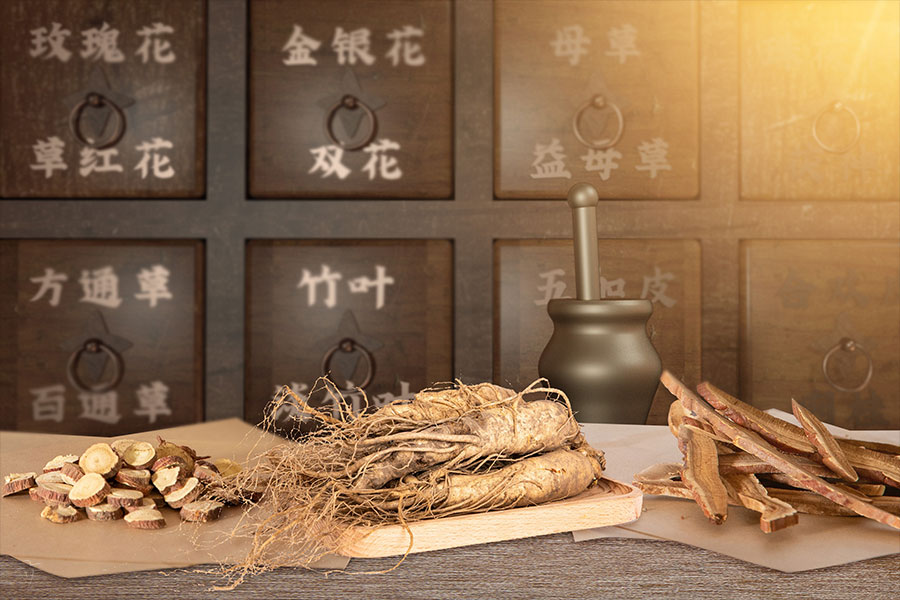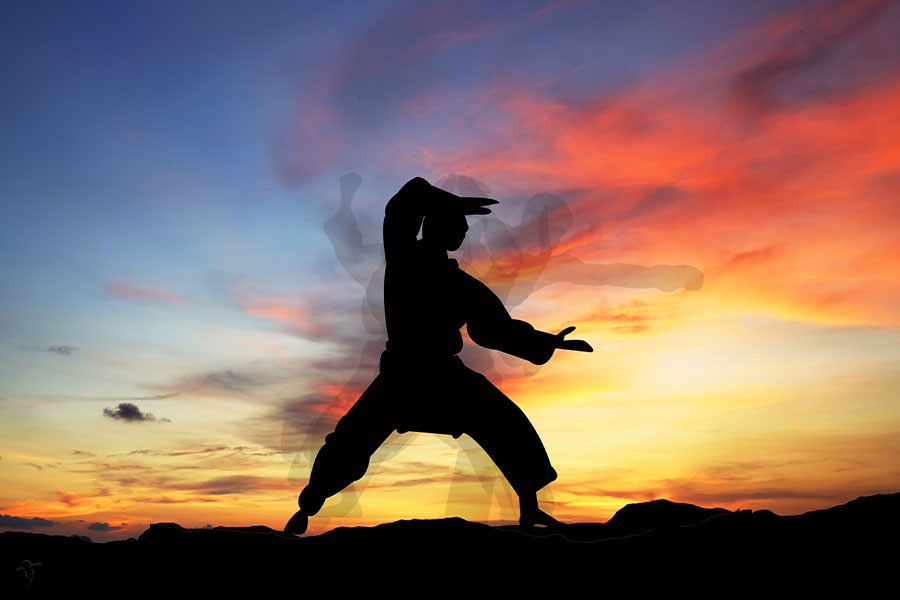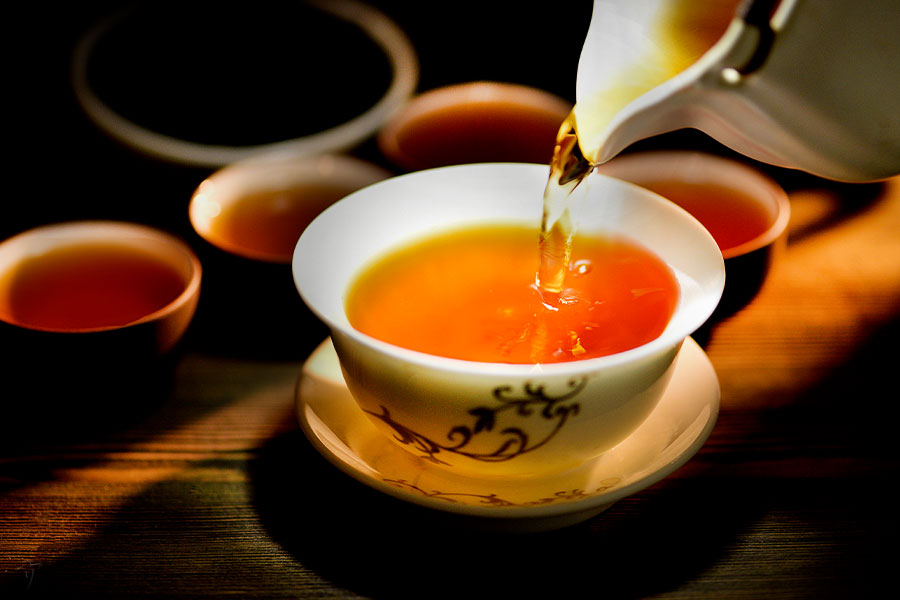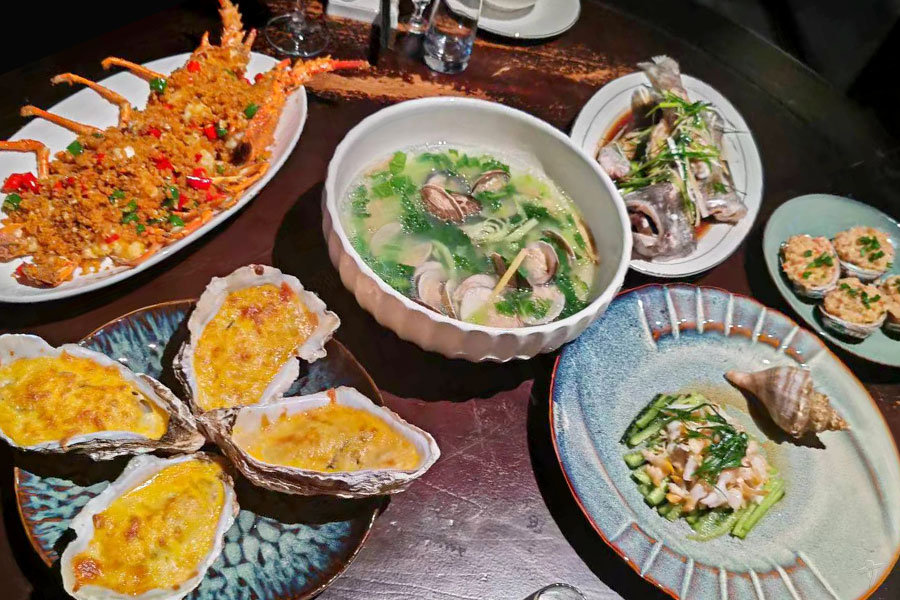Theory of TCM

Traditional Chinese Medicine (TCM) is an old Chinese medical science that has been being developed for thousands of years. Based on the Taoist theory of Yin & Yang, five elements (metal, wood, water, fire, earth) and other metaphysical belief systems, TCM treats a man as a combination of vitality (气qi, as the world origin in the ancient Chinese philosophy), body (形xing) and spirit (神shen) and diagnoses diseases by Four Diagnostic Methods, namely, 望 (observation of the patient's complexion, tongue, expression, behavior, etc.), 闻 (diagnose through auscultation and olfaction), 问 (diagnose through interrogation) and 切 (pulse feeling and palpation). According to TCM theory, every part of a human body is interrelated with each other, just like ecosystem we know today, one part will get ill when pathological changes happen to other parts.
According to TCM theory, climate relates to human being’s health and it can exert an influence on people’s health when climate goes into a cyclic variation every 12 and 60 years. In recent years, scientists find that the variation is indeed has a close connection with the sunspot cycle (every 11 or 12 years). The sunspot activity can intensely disturb the geomagnetic field during the cycle and change the climate on the earth, which will make passive effect on human body and cause paroxysm of diseases.
Related Readings
Top Topics

Chinese Kung Fu
Far and wide known as Kungfu (功夫) all over the world, Chinese martial art is also called Wugong (武功) or Wushu (武术) at home by Chinese people. It ca...

Chinese Tea
Being a vivid Chinese cultural specialty as well as Kungfu and traditional Chinese medicine, Chinese tea has been being developed in China for a lo...

Chinese Cuisine
"Food is the first necessity of the people" is a famous Chinese old saying, which reflects that Chinese have had paid much attention to food si...




